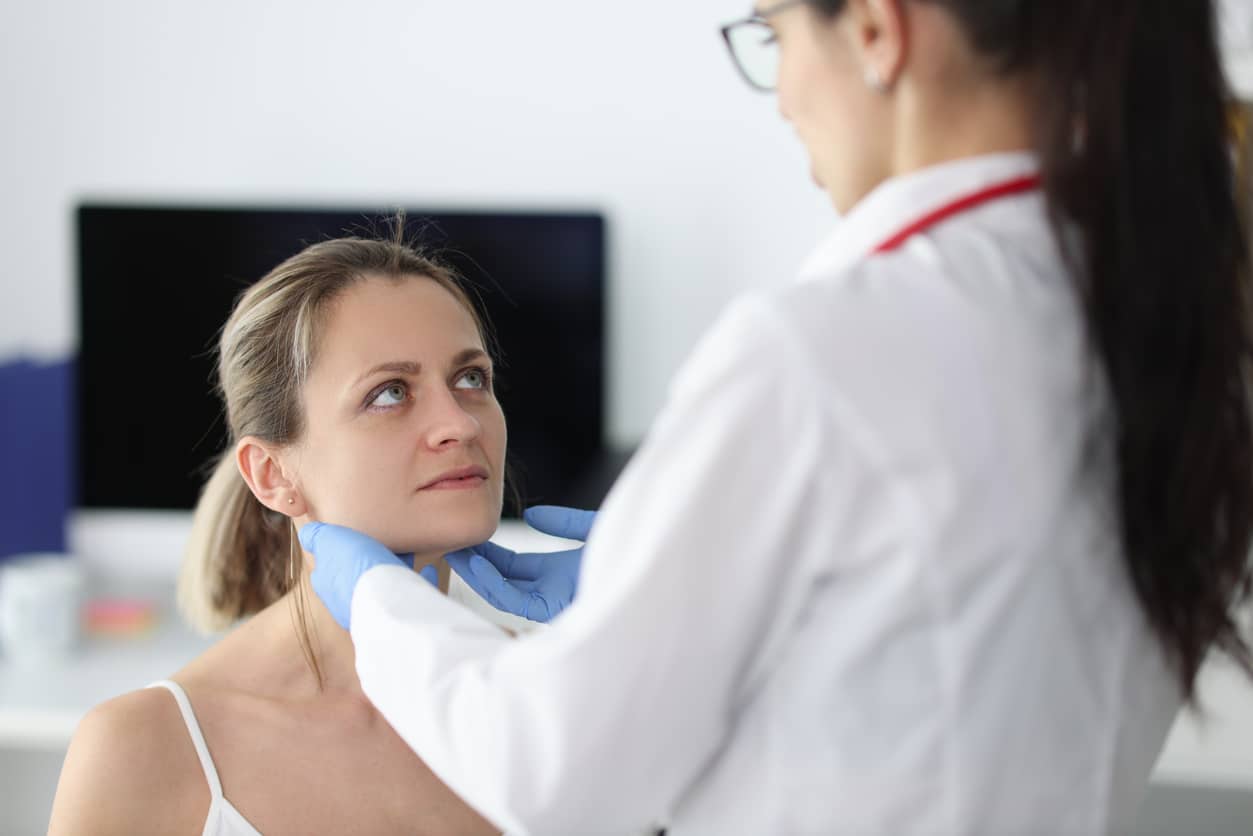Salivary tumor removal surgery, or parotidectomy, is the removal of some or all of the parotid gland, the major salivary gland in your cheek. Parotidectomies are performed when a tumor has formed in the parotid glands. Tumors that form in the parotid gland are either benign (noncancerous) or malignant (cancerous).
Though not cancerous, benign tumors need to be removed because they can grow and damage the surrounding tissue. Malignant tumors can grow and damage the surrounding tissue and have the potential to spread cancer to other parts of the body.
Other causes for parotidectomies include salivary gland stones or an infection in the parotid glands.
A parotidectomy is a major surgery lasting an average of three to four hours. After the surgery, you will likely need to stay in the hospital overnight. Preparing for your surgery can help you stay calm and quell any worries or concerns you may have about your operation. Let’s look at what happens before and after salivary tumor removal surgery to help you prepare.
Before Surgery

A couple of ways you can prepare for your surgery include:
- Ask questions. Write a list of any questions you have for your provider. Having your questions answered will help you feel more confident going into your procedure.
- Ask a friend for help. A parotidectomy is a major surgery. Having a friend to drive you home from the hospital and take care of you for at least 24 hours after surgery will help set you on the right path toward healing.
- Follow pre-surgery instructions. Your provider will give you a list of pre-surgery instructions to follow. Instructions may include when to stop eating, drinking or taking certain medications. Follow these instructions to the letter to avoid postponement or cancellation of your surgery.
- Buy groceries. After the surgery, acidic, scratchy or hot foods may be difficult to eat for a few days. Remember to pick up some of your favorite cold drinks and soft foods to eat after your surgery. Maybe even pick up a pint or two from Emack & Bolio’s Ice Cream parlor as a nice, refreshing after-surgery snack.
After Surgery
A couple of things you can expect after surgery include:
- Facial nerve test. Your provider will test your facial nerve function to make sure your nerves are working correctly. They may ask you to make a variety of facial movements to check each nerve.
- Pain and swelling. Pain and swelling near the surgery site are common but should go away within a few weeks.
- Numbness. Numbness in your ear or near the incision site is possible but should go away on its own in three to four months.
- Follow post-surgery instructions. Your provisor will give you a list of post-surgery instructions to follow. Instructions may include information on caring for the wound and healing expectations.
For more information on salivary tumor removal surgery, contact Albany ENT & Allergy Services today.
[related-posts]